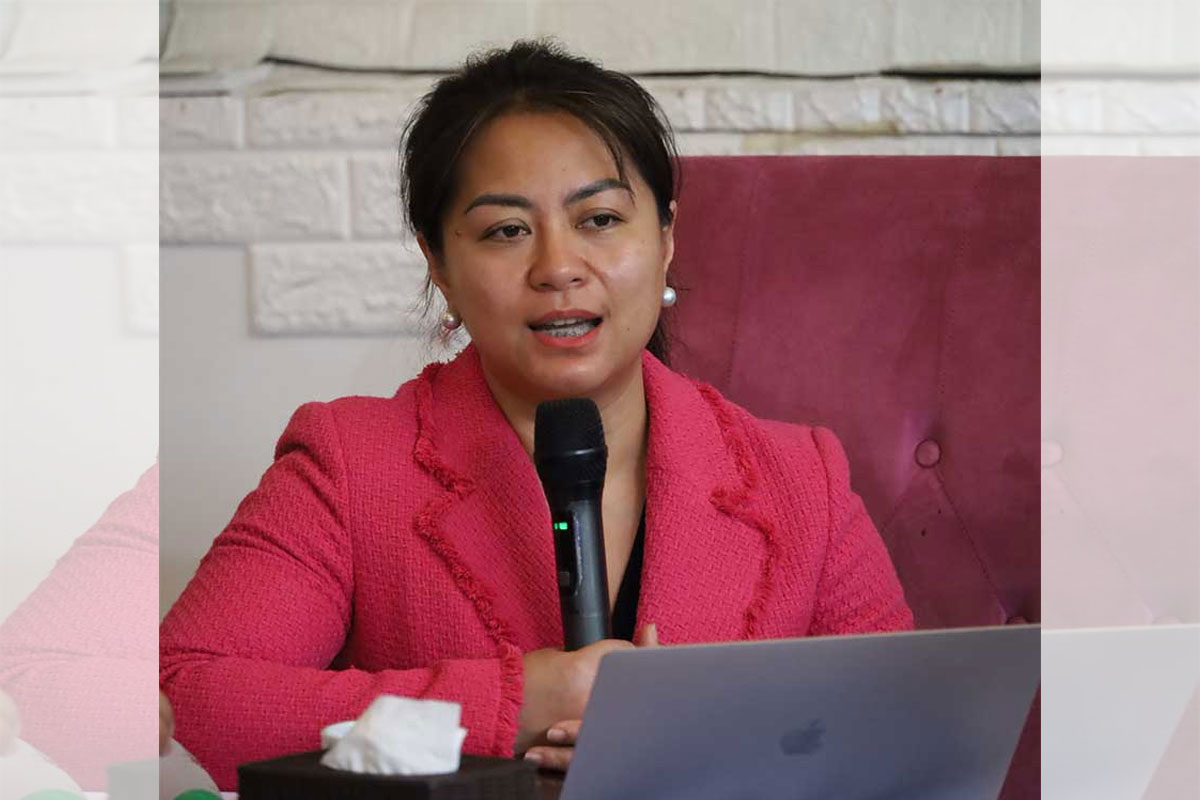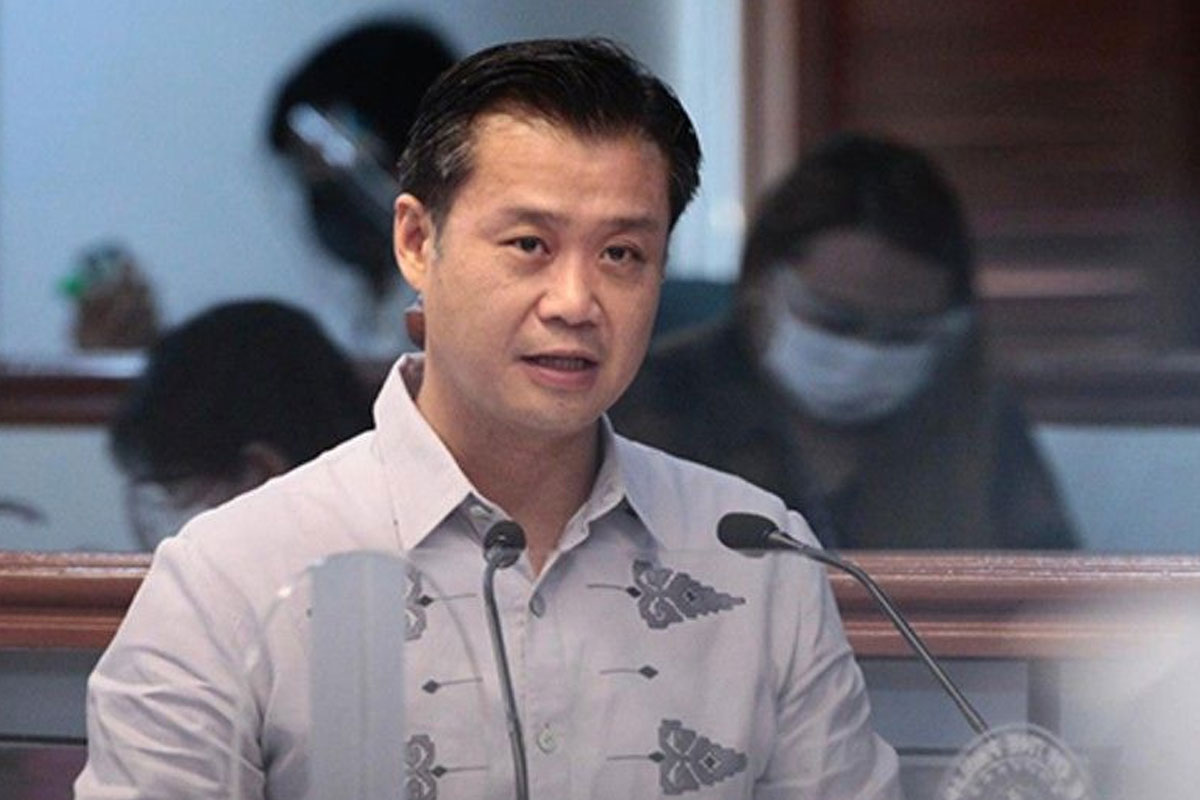
Solon seeks bigger budget for DA
A party-list solon is appealing for more budget for the Department of Agriculture (DA) in 2022 to support farmers and save the agriculture sector.
For 2022, the DA and the National Irrigation Administration (NIA) will be getting P103.5 billion or two percent of the total national budget of P5.024 trillion.
Magsasaka Party-list Representative Argel Cabatbat said this is not enough, especially how much value agriculture adds to the Philippine economy.
Citing data from the World Bank, Cabatbat said the Philippines’ agriculture, forestry, and fishing sectors contributed 10.2 percent to the country’s Gross Domestic Product in 2020.
However, the Duterte administration has allotted DA, NIA, and the Department of Agrarian Reform a combined average budget share of only 2.4 percent from 2018 until 2022.
Cabatbat has consistently lobbied for additional aid to struggling Filipino farmers. The past few years have been particularly hard for the sector, with recent powerful storms, diseases like the African Swine Fever and Avian Influenza, and the COVID-19 pandemic.
Among Cabatbat’s moves to help farmers are the creation of the Magsasaka Outlet to facilitate easier and fair trade as well as the lobbying of increased financial aid for farmers to cope with losses under the Rice Tariffication Law.
In a related story, Cabatbat slams the P500 million funds wasted by a fertilizer agency
Cabatbat assailed what he called is the “baseless obedience” of the Fertilizer and Pesticide Authority (FPA) to a 1986 Memorandum Circular that took away its control over the procurement of fertilizers.
Cabatbat said the memorandum was irregular and that by obeying it, the FPA has failed to fulfill its mandate.
He cited a recent case when the Department of Agriculture was forced to import fertilizers for farmers using money from the Rice Competitive Enhancement Fund.
Cabatbat said had the FPA fulfilled its mandate, the fertilizer could have been bought at a much cheaper price, and the government could have saved as much as half a billion pesos.





















